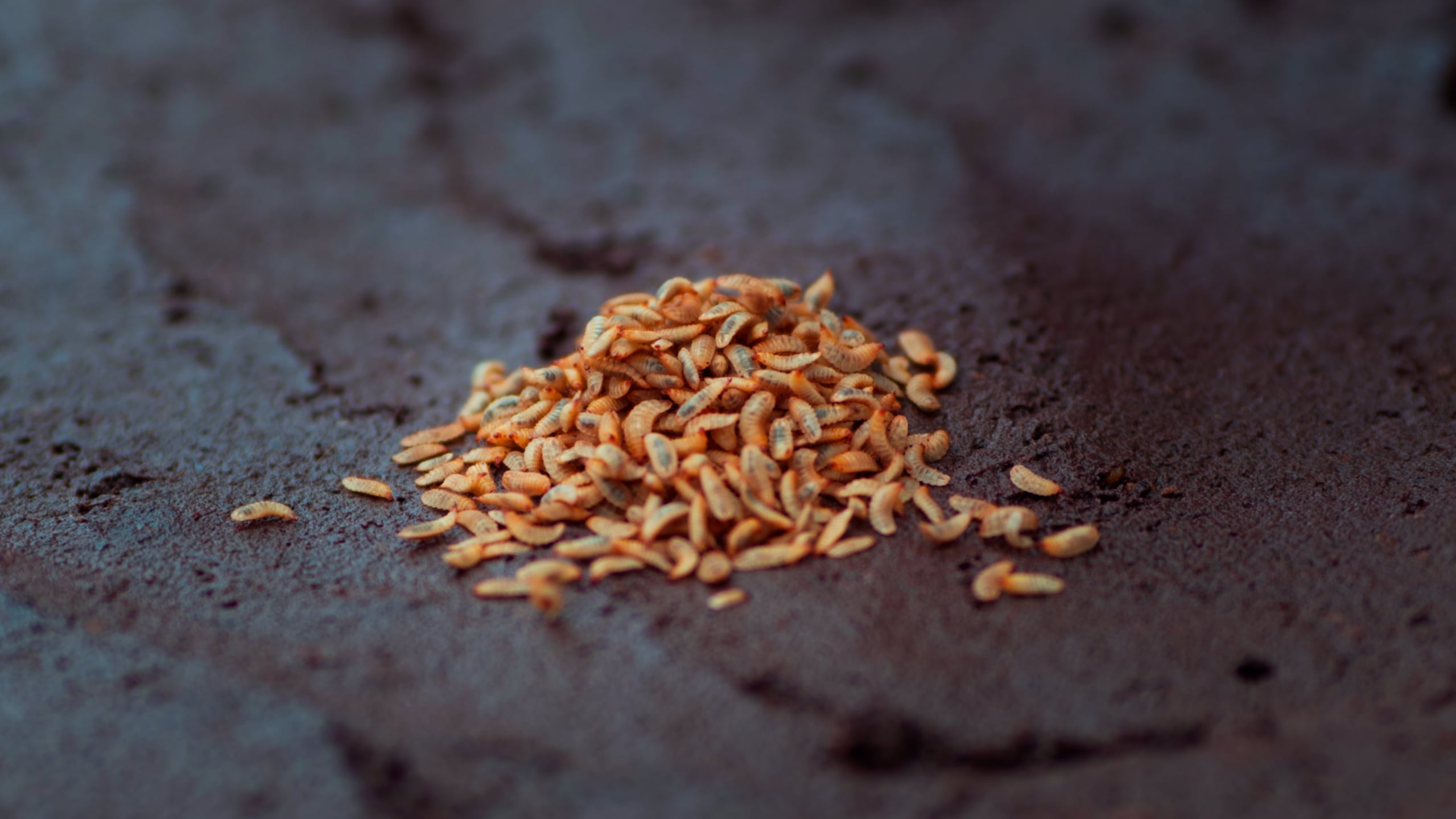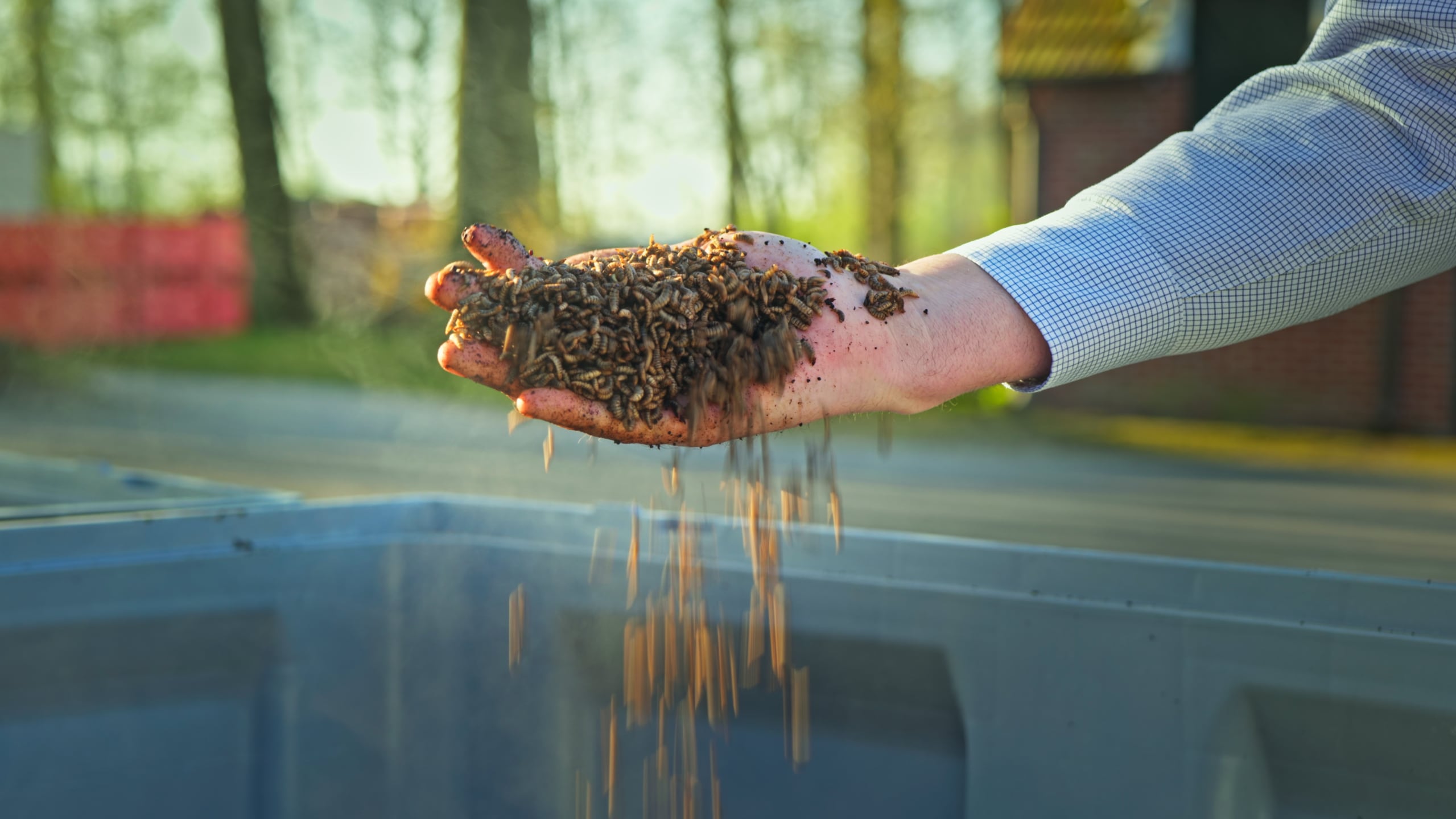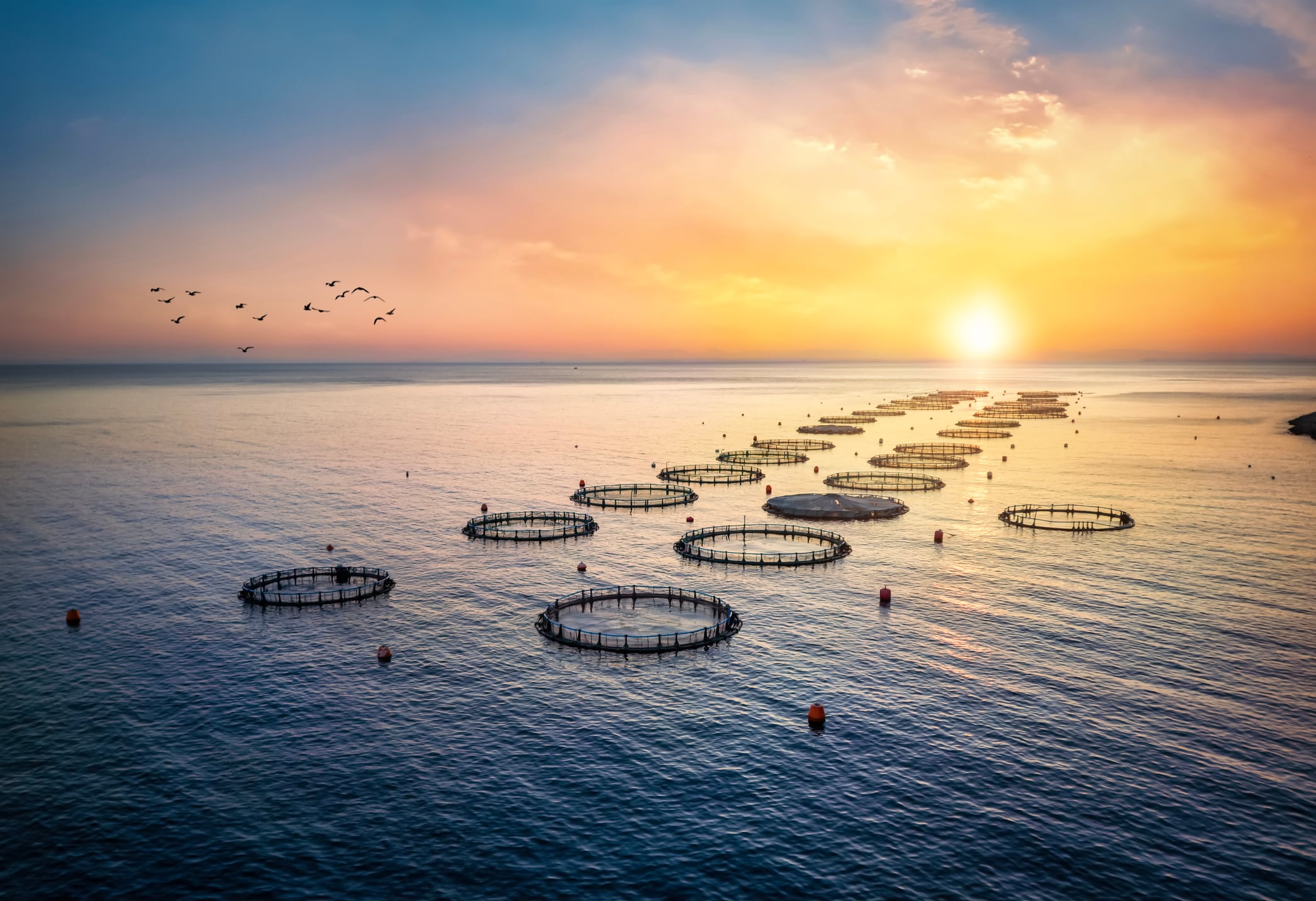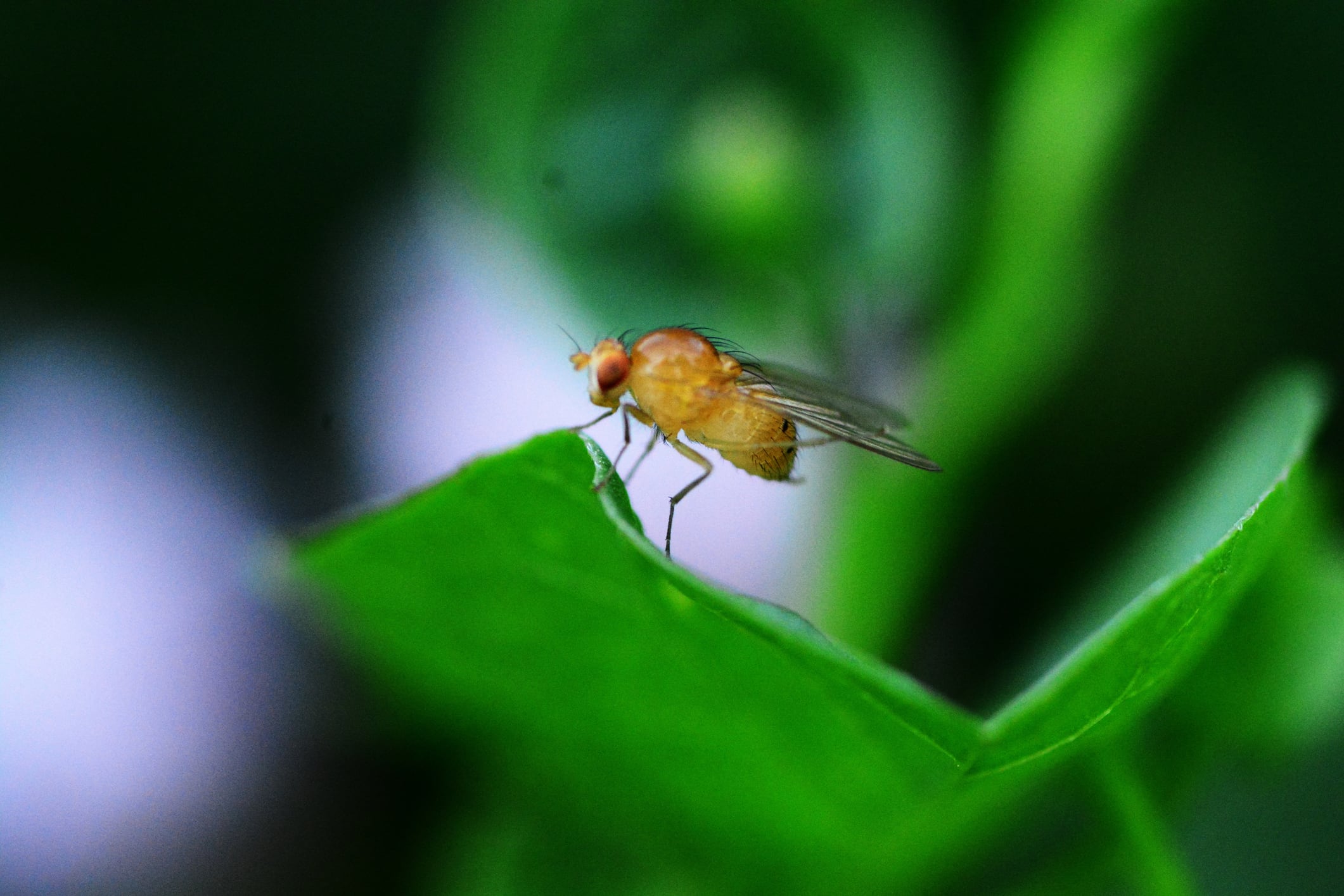Established in 2022 and based in Andalusia, InsectBiotech transforms waste generated by the local olive oil industry into sustainable materials with the help of black soldier fly (BSF) larvae.
The larvae function as a “natural bio-converter” by consuming and processing the olive waste into several products.
This includes protein for animal feed, insect oil for animal feed, bio-stimulant soil amendments, chitin, and even biofuel.
Co-founder and chief sustainability officer, Tobias Webb, told AgTechNavigator that the firm has studied the past mistakes other insect farms have made in the past and is cautious not to make the same mistakes.
“We’re aiming big, but we’re careful to avoid the mistakes made elsewhere. Most media coverage of insect farming highlights more bad news than good, and that’s often because the traditional model hasn’t been right.
“We’re a second-generation business, learning from the first generation’s challenges—like high energy costs, expensive feedstock, and overinvestment in automation and robotics, especially in high-wage regions like Northern Europe,” said Webb.
A new kind of insect protein company
The company claims that it has “cracked the code” on how to run a cost-efficient and profitable operation.
Firstly, their operations in sunny Andalusia, can operate with 80% to 100% solar energy, drastically cutting its energy costs. The warm environment also reduces the need to control the temperature for black soldier flies, which thrive in the heat.
Unlike other players in this space, InsectBiotech leverages olive oil waste as feed, which is abundant in the region, which helps it keep feed costs low as well.
“There’s 4.5m to 4.7m tonnes of waste generated annually in Andalusia alone. It’s plentifully available – even with a bad harvest. It would take a really, really, bad harvest not to have 3m tonnes of waste available. In fact, the last couple of years have been challenging, and there was still plenty of waste available,” said Webb.
The other advantage of using local olive waste is its consistency.
“The customers that we’re talking to want a completely consistent product that can be dropped into existing supply chains for agriculture feed, for pet food and for other animal feed. Consistency is a big part of our feed stock availability. If you want a consistent nutritional output, you need a consistent nutritional input,” said Webb.
This process allows InsectBiotech to solve a major environmental issue by preventing the potential burning of waste.
“We’re a waste transformation business as much as we are an insect farming business,” said Webb.

“Part of our ethos is to only use true waste residues, rather than material that can be used for anything else, so we’re able to solve an environmental problem. This happens to be olive pomace in Spain. While olive waste itself isn’t particularly harmful, when you’re dealing with 4.5 million tons of it annually, it has to go somewhere. If we’re serious about addressing climate change, we should find alternatives to burning this material - which is currently what happens to much of this olive waste.”
InsectBiotech, which collaborated with the University of Granda on R&D, is set to move on to the commercialisation phase with a new facility being built this year.
It plans to build five insect farming facilities in Andalucia by 2031 and generate €150 million in annual revenue and create over 300 jobs.
Webb explained that the facilities will be built near the sources of waste so the company will not need to “truck waste around”.
Feed, soil, and more
Webb highlighted several opportunities that the firm can tap into. Most obviously in animal feed.
For instance, it hopes its produce can reduce or even replace the use of fishmeal.
“Around 40% of the world’s wild catch fish is used to farm fish which is ridiculous. It’s destroying the oceans, ruining communities… Fishmeal prices have been really high in recent times and our protein is cost competitive with fishmeal,” said Webb.
“We are not looking for a premium. We have modelled the entire company around the economics of the current marketplace. The world does not pay premiums for sustainability.”
Additionally, the firm also produces BSF oil for animal feed. This oil is rich in lauric acid, a medium-chain fatty acid known for its antimicrobial properties, which supports gut health and boosts immunity in animals, said the firm.
In addition to animal feed, the firm also produces BSF frass as a soil amendment.
“We have this magic combination of the benefits of olives and the benefits of the black soldier fry larvae which delivers the most incredible output in terms of a soil amendment that enhances soil health and therefore enhances plant health. It has chitin, which is then broken down into chitinase, and that stimulates enormous microbial activity, which then benefits the plant and the soil.”
Webb added: “We haven’t proven this yet, but we think it could lead to really enhanced soil carbon sequestration. We also believe this product can really help enhance moisture retention in soil over time. So, there’s a chance that this product can be used to rehabilitate land.”
Another area the company will tap into is the demand for biofuels.
“We also are in discussion with oil and gas companies because of the insect oil. These larvae can be up to 50% or fat. And we get a lot of oleic acid because of the olives, which means insect oil has serious potential as an ingredient in biofuel,” said Webb.





